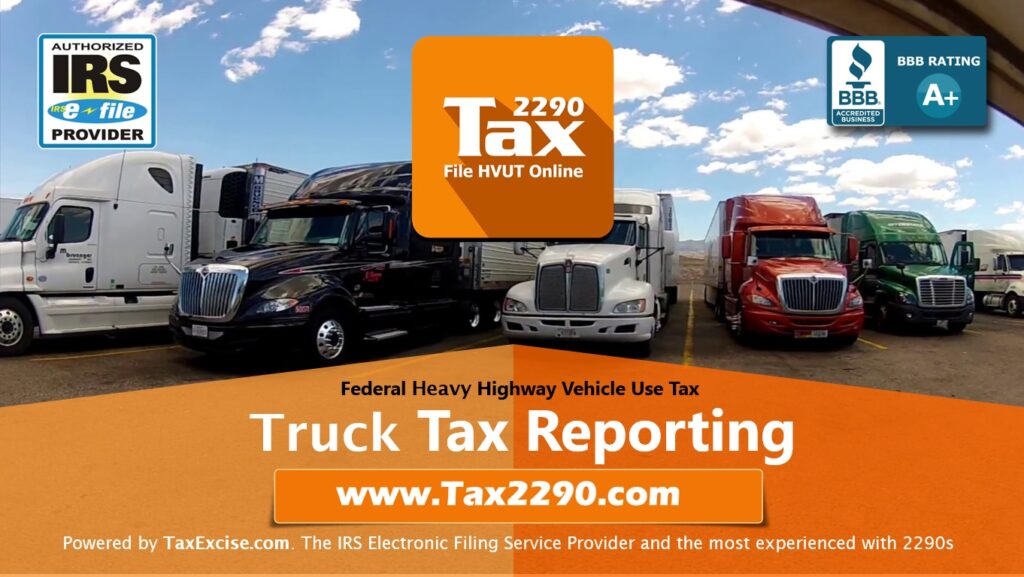
Mistakes are a part of life, we take action and we learn from them. Most mistakes made on tax returns are due to trial or human error and can be easily corrected by filing amendments. There are however few instances where certain errors might go unnoticed and the IRS will send you a notice by mail to keep you informed. The notice or letter will explain the reason for the contact and brief you with detailed instructions on how to have this resolved.
There are many reasons why the IRS may send a letter or notice. It typically is about a specific issue on your federal tax return or tax account. The IRS generally sends notices and letters based on the following grounds:
Continue reading

